
Recycling may seem simple—just toss items in the bin, and you’re helping the planet, right? Not quite! Small, everyday mistakes can derail your good intentions and even harm the process. Let’s take a closer look at some common errors and explore how to recycle more effectively to make a positive impact on the environment.
Recycling Plastic Bags
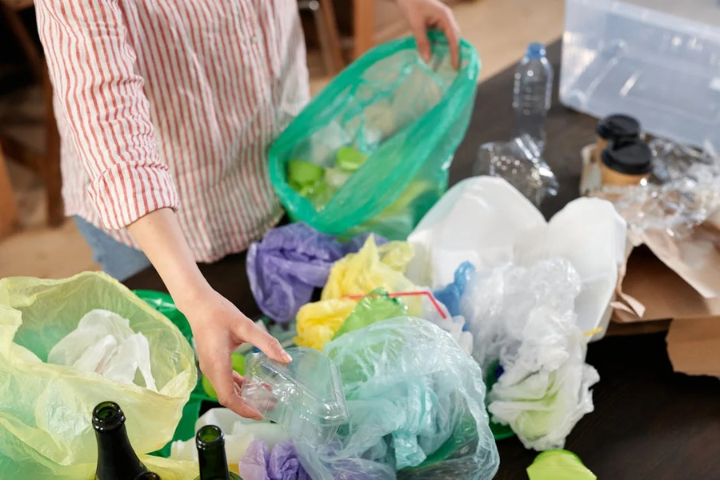
Plastic bags are a big problem for most recycling facilities. They get caught in sorting machines, which leads to expensive repairs and downtime. Instead, take them to grocery store collection points or specialized drop-offs. This small change keeps facilities running smoothly, and your bags are put to meaningful use.
Throwing In Food-Soiled Items
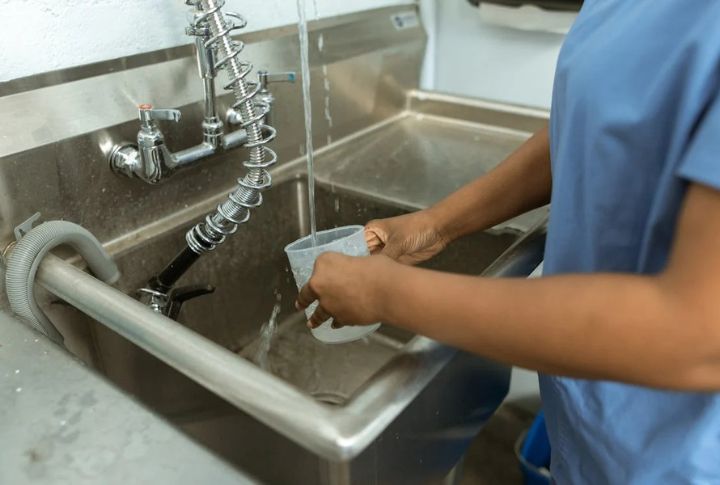
One of the top mistakes is the residue left in bins. A greasy pizza box or an unwashed yogurt cup can compromise otherwise clean recyclables, potentially ruining the entire batch. Always rinse containers before putting them in the bin. Even a quick wash makes a big difference in the overall process.
Not Removing Bottle Caps
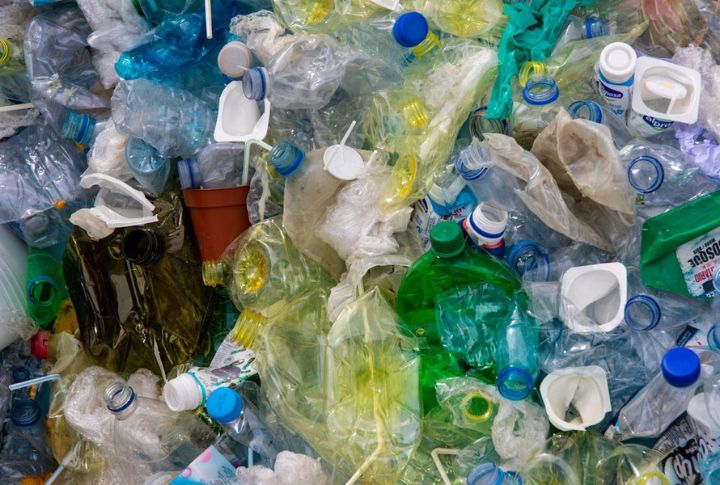
Many programs require caps to be removed before they’re put into machines. Caps are often made from a different type of plastic and can disrupt sorting processes. Removing and recycling them separately helps ensure the materials are correctly processed.
Misusing Symbols
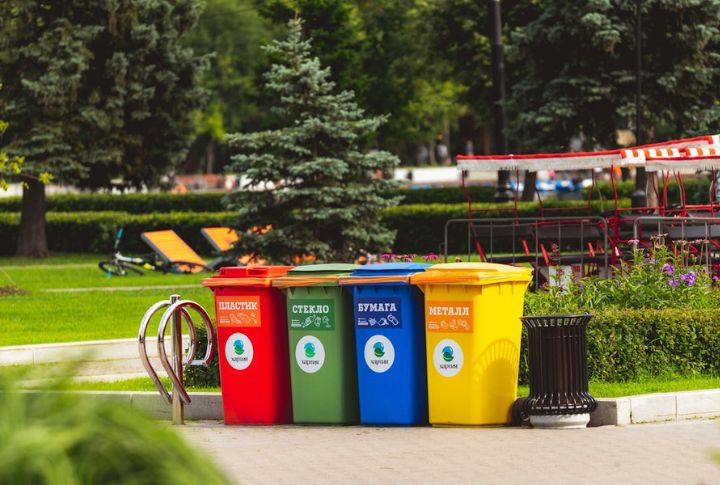
Not everything with the recycling symbol is renewable in your area. Items like Styrofoam and plastic wrap are frequently left out. Check local guidelines before adding items to the bin. Symbols can be misleading, so rely on explicit instructions from your municipal program.
Bagging Items
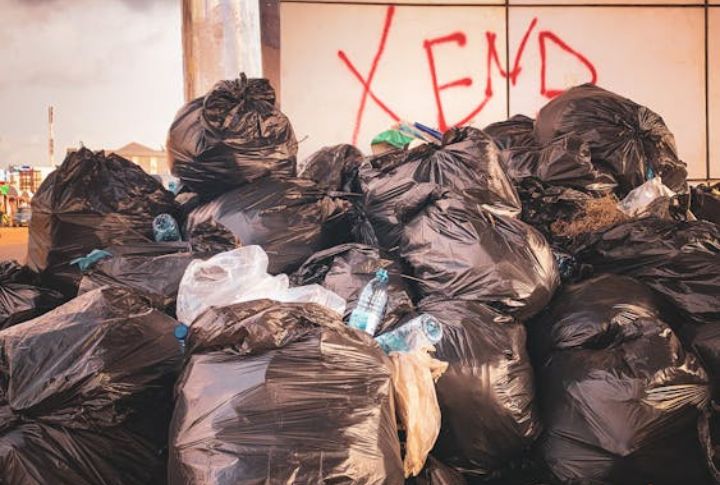
It may seem like you’re doing a good thing by placing items in bags, but in reality, you’re not helping. Recycling facilities often discard bagged materials because they can’t easily sort the contents. To ensure your items are processed properly and don’t end up in the landfill, keep them loose in the bin.
Putting Shredded Paper In There
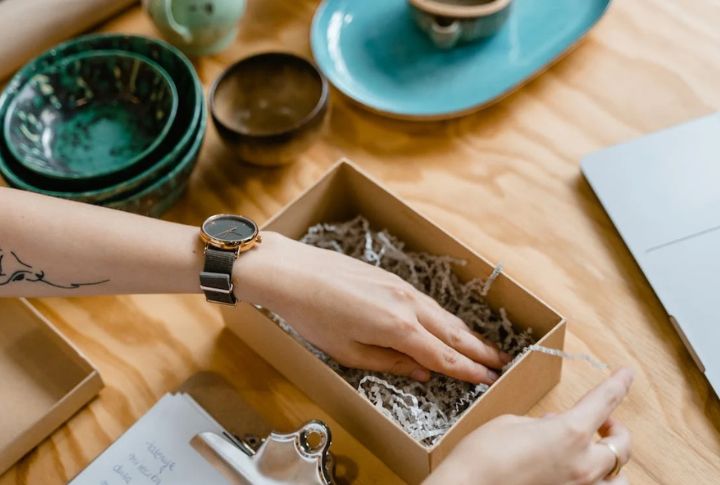
It’s understandable to shred papers for privacy, but small shredded pieces sometimes slip through sorting equipment, which makes recycling difficult. If your facility accepts shredded paper, place it in a paper bag to keep it contained. Alternatively, composting is a great option to avoid waste and ensure the paper is reused effectively.
Ignoring Hazardous Material Rules
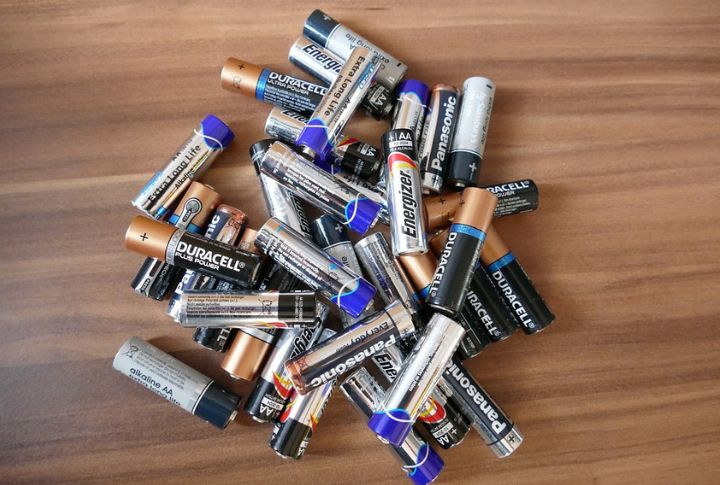
Items like batteries, light bulbs, or electronics don’t belong in your curbside bin. These materials require special equipment and programs because they can release harmful chemicals. Drop them off at designated collection centers to protect both workers and the environment.
Tossing In Coffee Cups
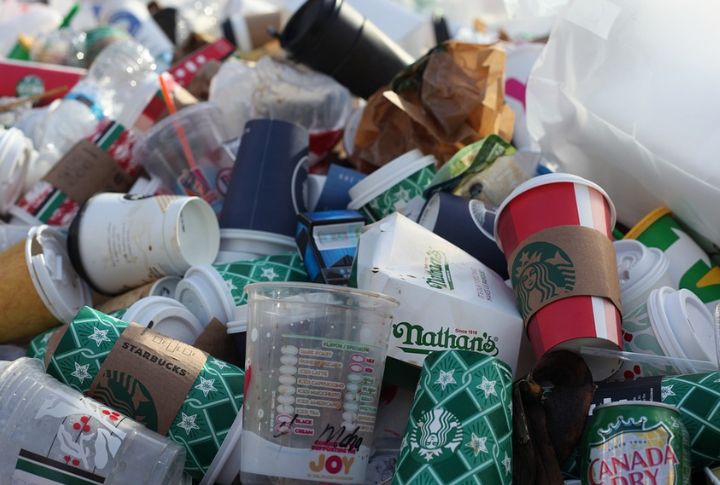
Most “paper” coffee cups aren’t renewable because of the thin plastic lining inside. Even though they look like paper, the lining makes them tricky to process. Consider investing in a reusable mug or researching compostable options to reduce waste from your daily caffeine habit.
Recycling Broken Glass
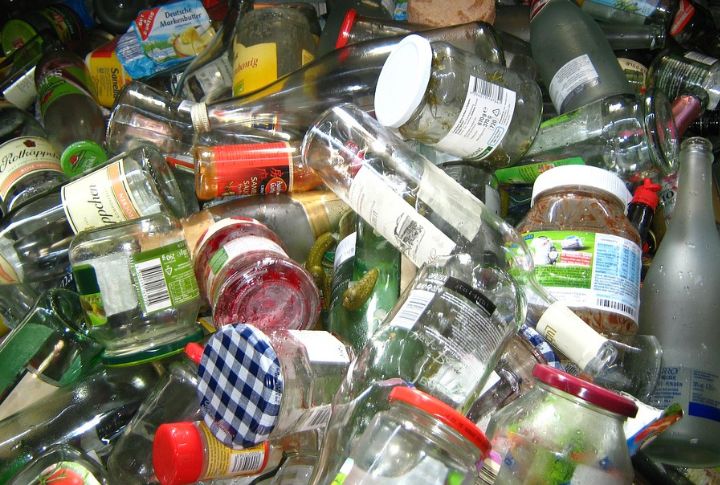
Shards can injure workers and contaminate other materials. Most machines can’t process broken glass and end up getting the whole batch to a landfill, so it’s best to wrap it securely and dispose of it in the trash. For full glass, check for proper drop-off or curbside recycling rules.
Overlooking Small Items
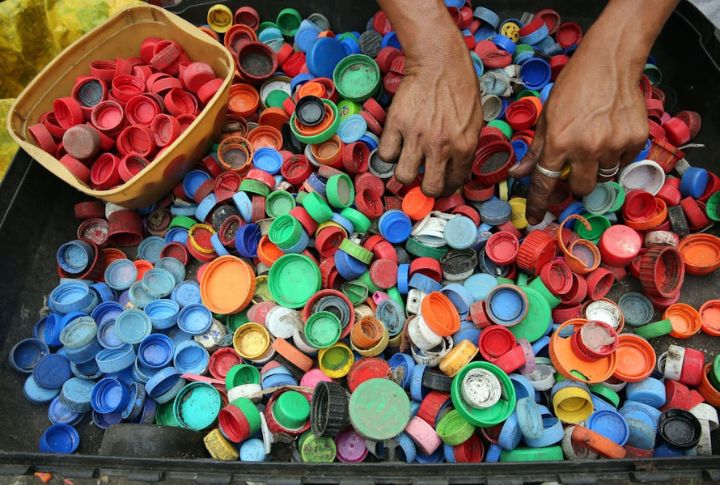
Straws, bottle caps, and small lids often get lost in sorting machines. But here’s a simple solution—place these tiny items inside larger containers before recycling. This clever trick ensures they’re processed correctly and don’t end up as waste. It’s an easy way to give them a second chance.
